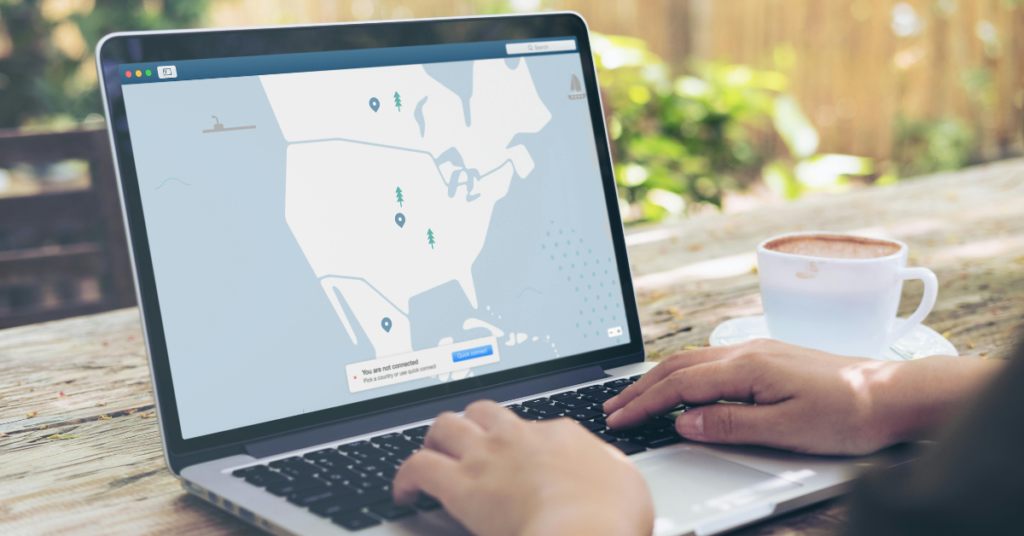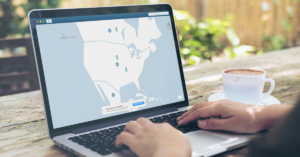The internet has woven our lives together, transcending borders and making it possible to work and interact from anywhere. Yet, despite this interconnectedness, many online services and systems are still region-specific. Financial platforms, streaming services, digital currencies, government resources, and even professional tools may vary or be restricted based on your perceived location. This can complicate matters for remote workers, digital nomads, or anyone who conducts business across borders.
This is where a Virtual Private Network (VPN) comes in, enabling you to change your virtual location and manage what others see as your position in the digital world.
What is a VPN?
A VPN routes your internet traffic through a remote server, masking your IP address and effectively making it appear as if you are browsing from another location. By encrypting your internet traffic, VPNs also bolster your security and privacy.
Why Should You Consider Using a VPN?
- Accessing Geo-Restricted Content: Some content or services, such as streaming platforms or online banking, are limited to certain regions. A VPN allows you to switch your digital location to access the full catalog or online banking services like you’re physically there.
- Maintaining Secure Access Across Borders: When working across countries, especially in high-risk locations, VPNs help secure sensitive data. They also enable access to crucial services that may only be available within a specific region.
- Avoiding Censorship: In some countries, internet censorship limits the information that users can access. VPNs can help bypass these restrictions, offering unrestricted browsing.
- Managing Online Presence: For remote workers changing locations within the U.S. or abroad, maintaining a consistent digital presence is vital. VPNs can help manage how your customers, suppliers, and even your employer see your location.
Responsible Use and Considerations
While VPNs provide significant advantages, it is essential to use them responsibly. Some platforms enforce regional restrictions due to licensing agreements or legal requirements. It’s crucial to understand the legal implications of circumventing these barriers.
Moreover, the quality of VPN services can vary. Some providers may log user data or provide insufficient encryption. Opt for a reputable service that guarantees a no-logging policy and offers secure protocols.
Conclusion
In today’s borderless digital world, VPNs are valuable tools to manage your online presence. Whether you’re accessing geo-restricted content, securing your cross-border work environment, or maintaining a consistent virtual location, a VPN gives you the flexibility to work and play from anywhere. As long as they are used responsibly and ethically, VPNs offer unprecedented freedom and control over your digital identity.




